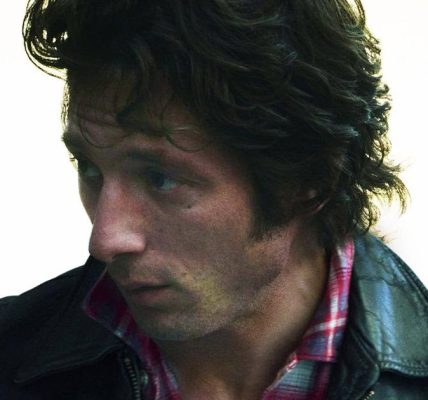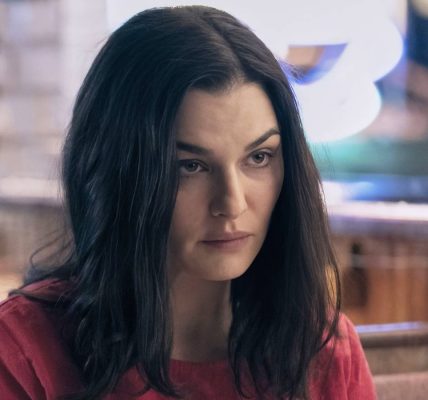Lily-Rose Depp was deeply affected by the harsh treatment her father’s character received in the film, highlighting the emotional impact that cinema can have on its viewers, especially when it involves family. This experience speaks to the broader theme of how characters portrayed in films can resonate personally with the audience, particularly when they are connected to someone they love. Lily-Rose’s reflections reveal a keen sensitivity to storytelling and its implications, especially regarding the portrayal of kindness and cruelty in cinematic narratives.

Lily-Rose Depp is clearly carving out her own identity in the entertainment industry, distinct from her father Johnny Depp?s renowned legacy. Nevertheless, her childhood experiences with his films have undoubtedly shaped her perspective. One particular film left a lasting impression on her, showcasing how early exposure to cinema can influence a person’s emotional landscape for years. This impactful moment wasn’t from a typical horror flick but from a narrative that intertwines themes of love, acceptance, and societal rejection. The emotional scars from this screening have lingered with her for over two decades, demonstrating how art can intertwine with personal experiences.
In an enlightening interview with Harper?s Bazaar, Lily-Rose recounted being introduced to her father’s iconic 1990 film Edward Scissorhands at the tender age of three. A specific scene haunted her?one where Edward, portrayed by her father, is driven back to isolation by those he once endeared with his unique talents. She expressed her distress, stating, ?I was traumatised by it. Not because I thought he was scary, but because everyone was being so mean to him and I got really upset.? This revelation underscores the profound impact that negative social interactions depicted in films can have on young minds, fostering empathy and emotional awareness.
The lasting impression of that scene speaks volumes about Lily-Rose Depp‘s sensitivity as a child, especially considering her young age at the time. Her memories of being horrified by the actions of the townsfolk reflect her innate capacity for empathy, even when recalling difficult moments from her childhood. She noted, ?I remember being petrified by that, which is weird, because I don?t have many memories from when I was that young?It?s a difficult childhood memory.? This experience not only shaped her understanding of storytelling but also her feelings towards characters who, like Edward, face prejudice despite their inherent goodness.
Furthermore, Edward Scissorhands is celebrated for marking the beginning of the creative partnership between Johnny Depp and director Tim Burton, which has produced a rich tapestry of gothic storytelling in film. When Lily-Rose was asked about her own stylistic inclinations, she mentioned, ?I guess you could say so. We?re very different actors, but of course you?re the product of your environment, and it?s a world I?ve always been very interested in.? Her thoughtful response highlights the influence of familial artistry on her craft, suggesting that the legacy of storytelling runs deep in her veins.
While both Lily-Rose and Johnny Depp have shared the screen in Kevin Smith?s films Tusk and Yoga Hosers, the ultimate father-daughter cinematic collaboration remains a dream for fans. Until such a project comes to fruition, audiences can still enjoy classic films like Nosferatu in theaters, while many eagerly anticipate the possibility of Johnny Depp returning to the Pirates of the Caribbean franchise, a series that has captivated audiences worldwide.





